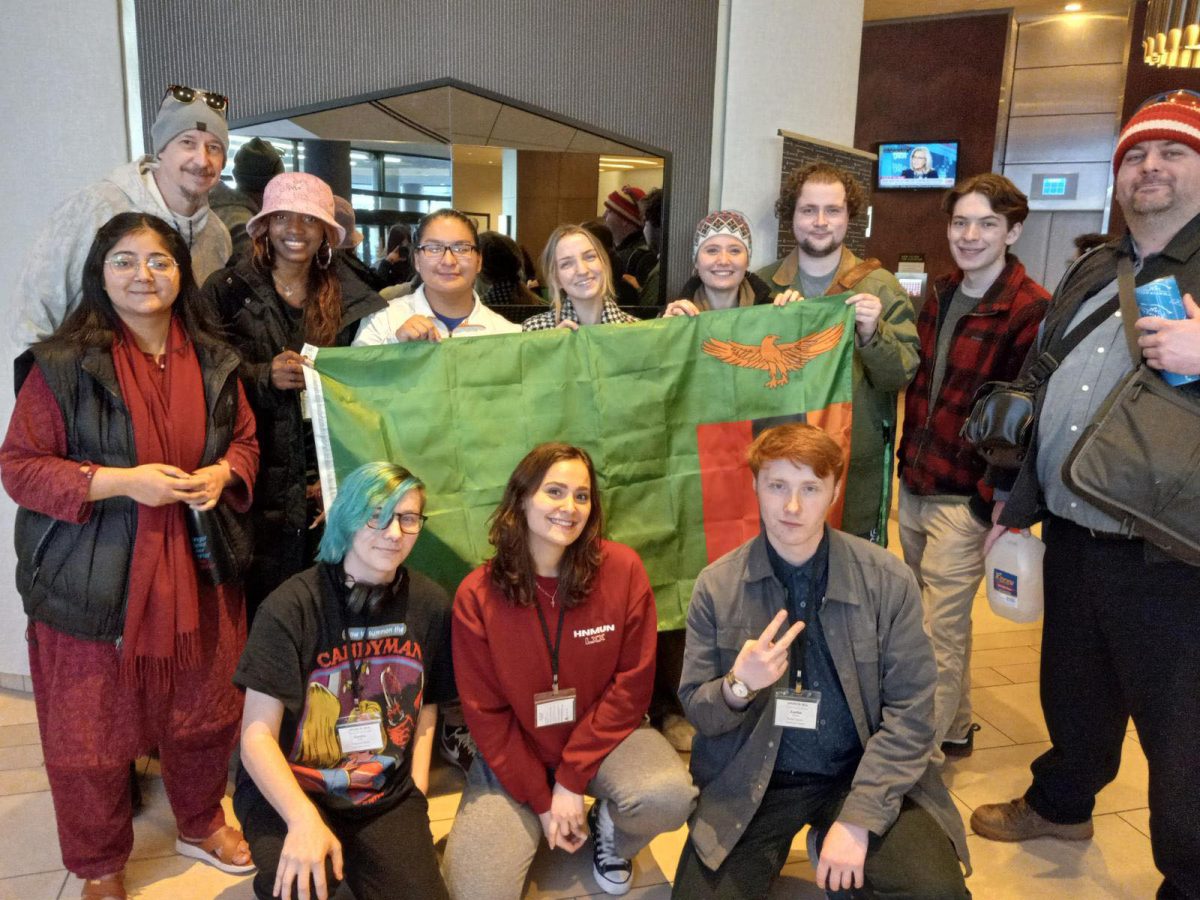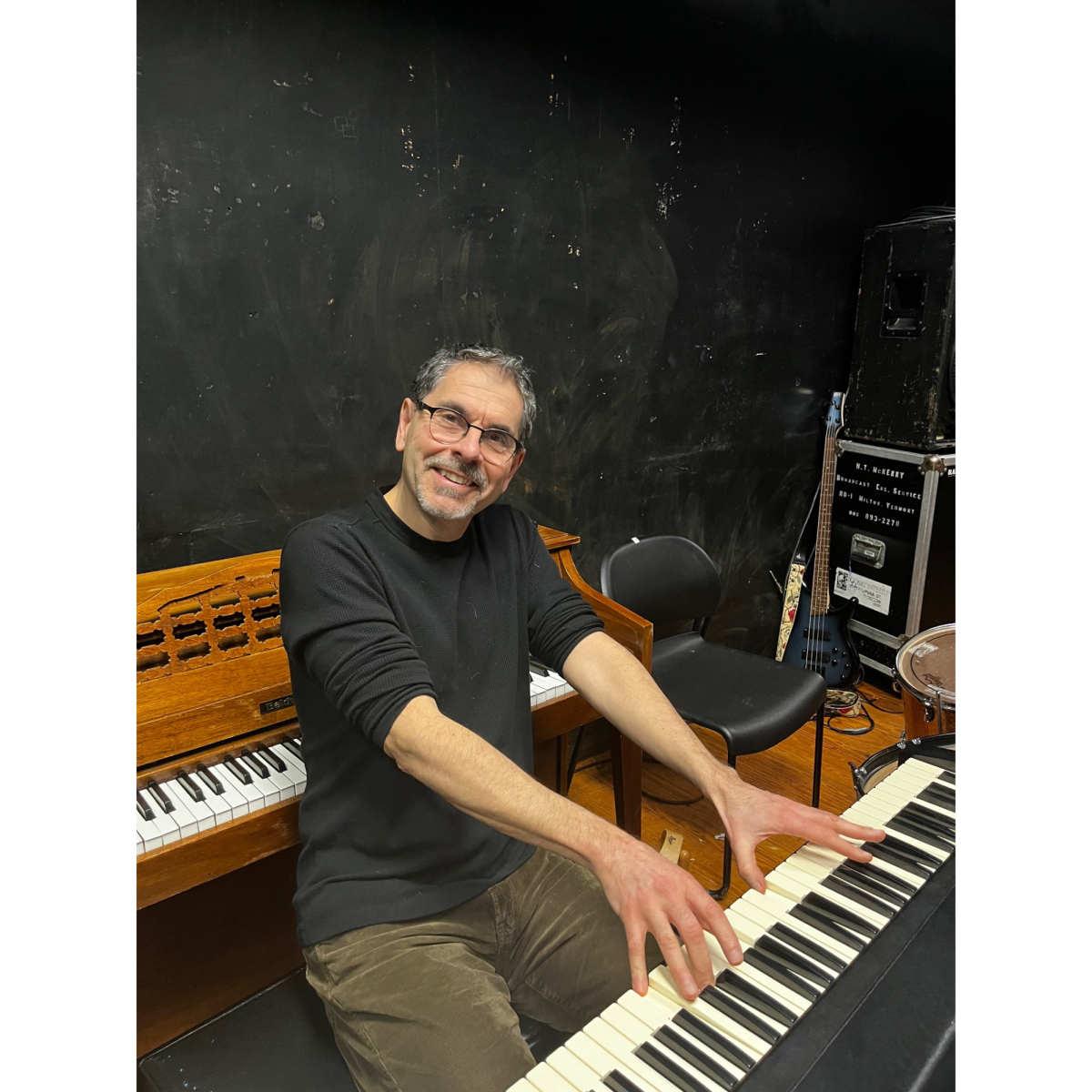Research being conducted at Johnson State College will be showcased on the PBS television series, NOVA. Professor of Behavioral Sciences Dr. Gina Mireault’s ground-breaking investigations into infant humor have caught the attention of the award-winning show.
“I got a call from one of the producers,” says Mireault. “She did a Google search on laughter.” When she did, Mireault’s research came up.
The NOVA special in which Mireault will be presenting her work is a three-part series, which will focus on Neanderthals, language, and laughter. Mireault’s work will obviously come under the segment dealing with laughter.
Mireault was surprised when aproached by NOVA. “Other research I’ve done has occasionally made it into the media,” she said. “It’s always surprising, but this time especially so. It’s also very gratifying to think my work, which involves a fairly obscure topic, could be of use to them.”
Though Mireault’s work might be obscure, its universal appeal can no longer be questioned, as it has been featured on VPR, local television, this paper, and now national television. The kind of media attention her research has generated can only serve to help with funding.
“On a practical level, one goal of research is to disseminate the findings, which we usually do through publication and presentation,” says Mireault. “In that way, it helps in applying for funding, for example, to have that kind of track record, to be able to show potential funding sources that your research is reaching a wide audience and catching the attention of the media. It suggests that it has relevance beyond the laboratory.”
The PBS segment will be filmed at MIT’s Early Childhood Cognition Lab at Boston Children’s Museum and hosted by David Pogue, a technology writer for the New York Times.
Pogue will assume the role of one of Mireault’s assistants during filming and provide the humor part of the quotient. He will don the bright red clown nose that Mireault’s research assistants know all too well, honking it to elicit laughter from the infants.
One interesting aspect of the trip to Boston came when Mireault had to consider how to gather the infants necessary to conduct the experiments in a lab far from home. The recruitment of infants for study is a process which Mireault and her team have dubbed, “Baby-wrangling.”
In tackling the baby-wrangling for the Boston trip, Mireault tried posting on a list-serve, an online forum for parents. The innovation worked so well that she is considering trying the technique back at JSC, when she continues her work.
Mireault notes that NOVA has had a transformational influence on her life, one that led her into the lab. “I used to watch NOVA when I was a kid,” she says. “The first episode I saw, ‘The Miracle of Life’ [which explored fetal development], completely blew my mind, and actually influenced my original choice of college major, Biology…It made me realize that much of what we want to know is discoverable with the right methodology. And, it’s truly miraculous, not only what we discover, but the process of discovery itself. I started watching NOVA again when my kids [whose early behavior inspired Mireault’s research] were little,” says Mireault. “In fact, when my 18 year-old son found out my research was going to be on NOVA, he said ‘I used to watch that all the time when I was little.’”





